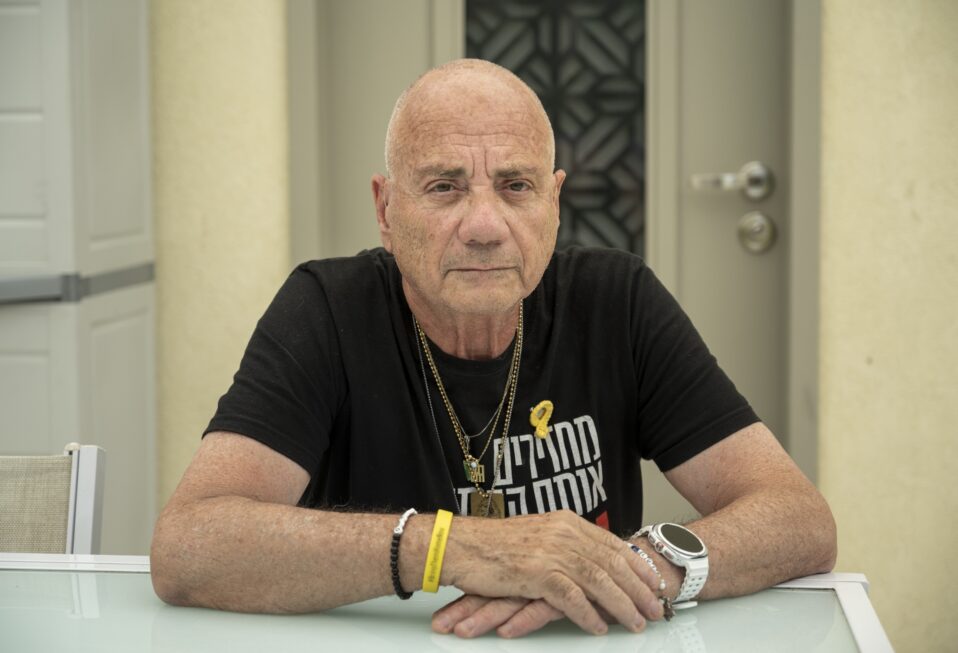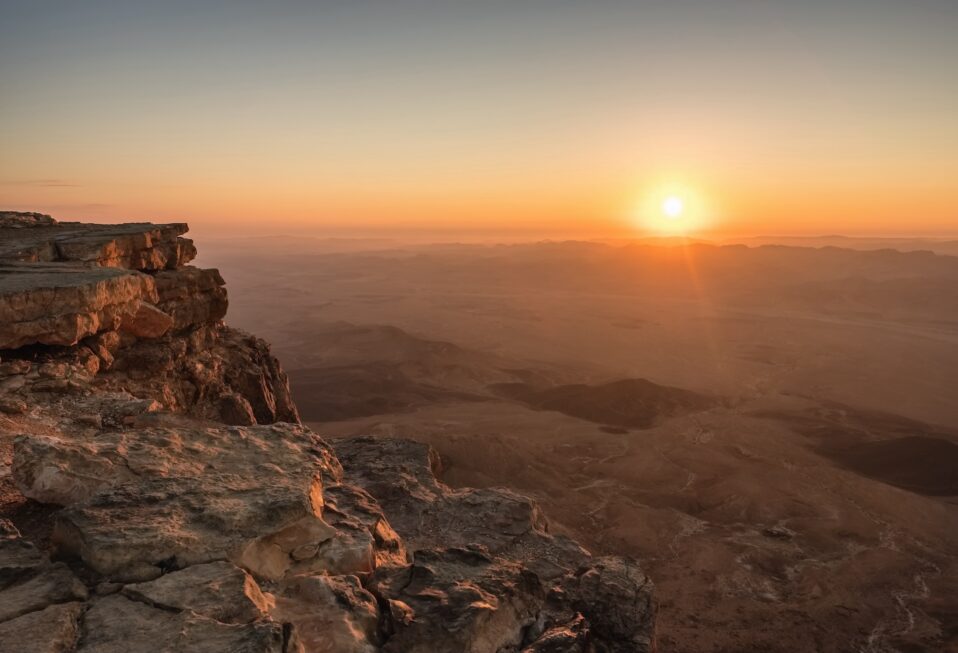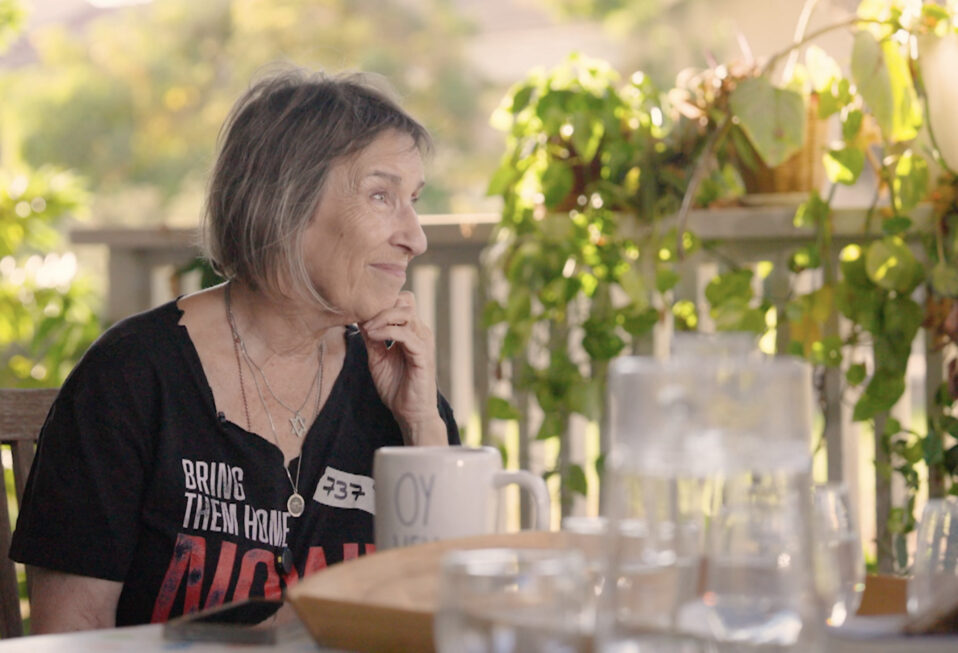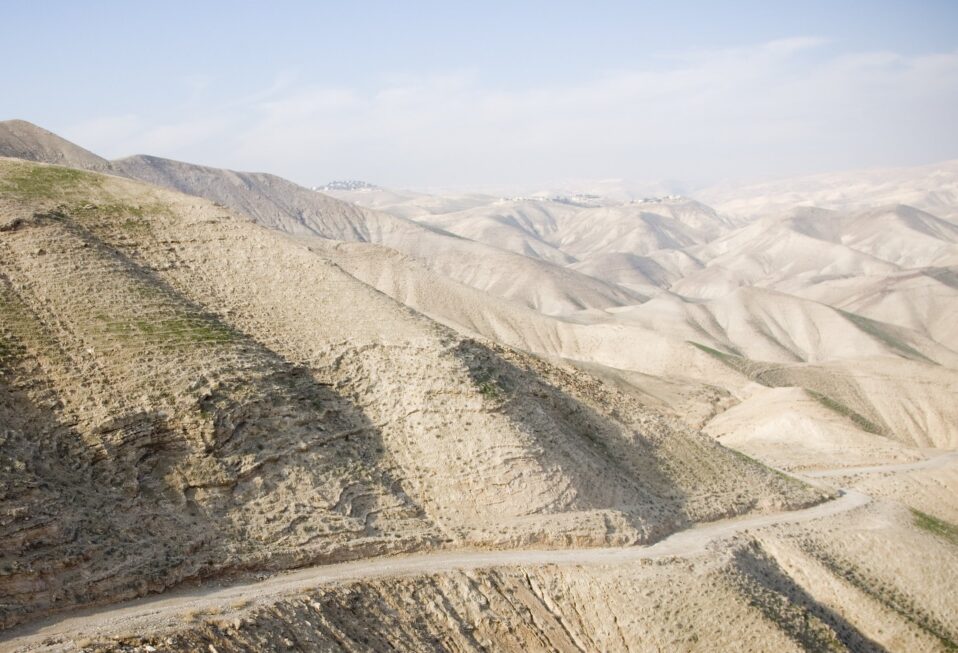By Stephen Faircloth
In response to a troubling surge in antisemitism across the United States, The Christian Broadcasting Network (CBN), CBN Israel, and Regent University have partnered with JewBelong, a New York-based nonprofit known for bold public messaging, to launch a powerful nationwide awareness campaign. The initiative features visually arresting pink and white billboards delivering a simple but urgent message: standing against antisemitism is standing with America. More than a public display, this campaign is a call to action for Christians, students, alumni, and communities across the country to unite in solidarity with the Jewish people.
The campaign begins August 11 in Virginia, with three prominent billboards positioned along major thoroughfares near the CBN and Regent University campus in the Tidewater area. These messages are intended not just to inform, but to spark conversation, reflection, and ultimately, action. The billboards will remain in place through September 29. CBN will amplify the campaign’s reach through its influential television and digital platforms, engaging audiences nationwide.
Following the Tidewater launch, the campaign expands to four key Ivy League campuses: Harvard, Yale, Brown, and the University of Pennsylvania. These universities, long esteemed for their academic distinction, have increasingly become challenging environments for Jewish students. The Ivy League campaign aims to confront this reality with bold, unapologetic messaging. By bringing the conversation directly to these campuses, the effort seeks to break the silence that often follows antisemitic incidents and to encourage students, faculty, and administrators to stand as allies against hate.
At the same time, the campaign will engage students and alumni across Southeastern Conference universities through a coordinated strategy of billboard placements and digital outreach led by Regent University. This SEC-focused initiative invites campus communities throughout the South to take part in a growing national movement that refuses to look away from antisemitism and instead embraces shared responsibility and moral courage.
This campaign is driven by alarming data. The Anti-Defamation League’s 2024 Audit of Antisemitic Incidents ranks Virginia among the top ten states for such activity, with 266 incidents reported last year alone, representing a 19 percent increase from 2023. Nationally, antisemitic incidents have surged by 893 percent over the past decade. These are not isolated occurrences. They are part of a persistent and intensifying pattern that must be addressed with urgency and resolve.
College campuses, in particular, have become flashpoints for antisemitic rhetoric and behavior. Jewish students have reported harassment, exclusion, and threats, often met with silence or inaction from university leadership. That silence not only fails to protect, it emboldens those who propagate hate. This campaign seeks to challenge that silence and to empower campus communities to speak out in defense of their Jewish peers.
Gordon Robertson, President and CEO of CBN and Chancellor of Regent University, emphasized the moral and spiritual significance of this initiative. He said, “It is vital that Christians in Virginia and across the country stand in solidarity with the Jewish community. Antisemitism is not just a Jewish issue, it is a human issue and a spiritual one. We are called to stand against hatred, to defend our neighbors, and to reflect God’s love through our actions. This campaign is one important step in that direction.”
This effort builds upon JewBelong’s previous campaigns in major cities including New York, Los Angeles, and Las Vegas, and near academic institutions such as Harvard, Yale, Princeton, and the University of Pennsylvania. With this expansion and collaboration with faith-based and academic organizations, the campaign marks a growing movement determined to challenge antisemitism wherever it takes root.
The message is clear. In the face of rising antisemitism, especially on the campuses shaping the next generation, silence is no longer an option. Every billboard, broadcast, and digital message is a call to choose courage over complacency, to reject hate, and to stand unwaveringly with our Jewish neighbors. Christians and Americans alike are urged to raise their voices, because defending others is not only right, it is at the very heart of what it means to love our neighbor.
If you are a Christian who believes in standing with Israel and the Jewish people while confronting antisemitism, lies, and misinformation, we invite you to join CBN Israel in making a meaningful difference today.
GIVE TODAY
Stephen Faircloth is the President of CBN Israel, an initiative dedicated to sharing the true story of the Jewish nation and inspiring a global community of Christians to stand with Israel and support her people in need. Our vision is to reshape the global conversation about Israel by fostering understanding, hope, and healing between Jews and Christians round the world. For more than 50 years, the Christian Broadcasting Network has supported Israel. By joining CBN Israel, you become part of this enduring legacy, transforming lives today and strengthening Christian support for Israel for generations to come.














